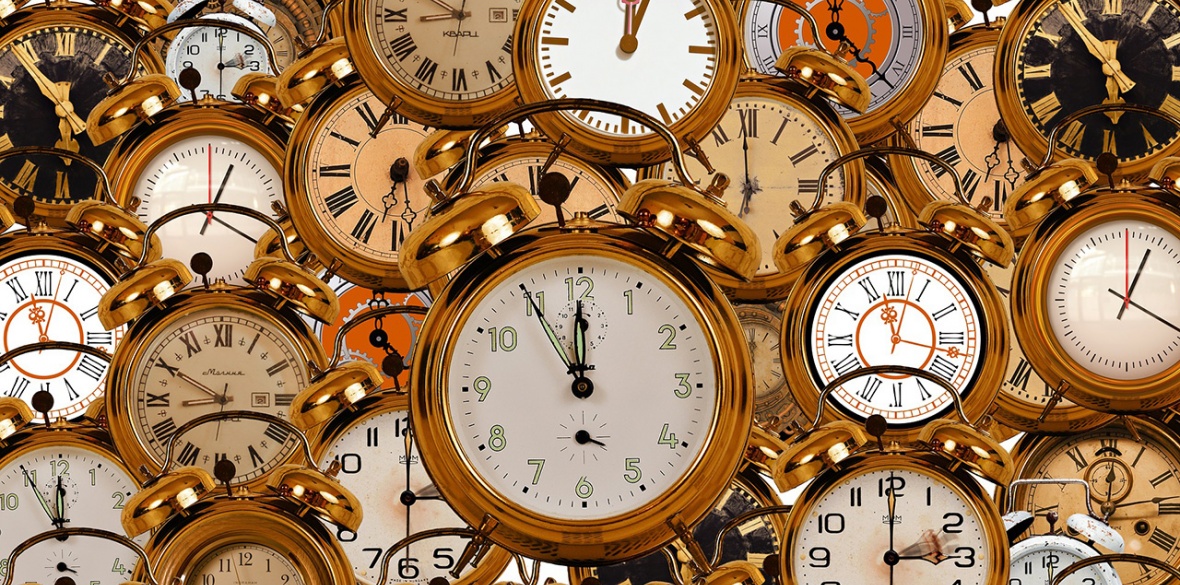SPRING forward, fall back. The ritual of clocks changing takes place this weekend.
Few now see anything unusual in the shift from Greenwich Mean Time to British Summer Time and back.
Each switch prompts a smattering of media comment. Most merely highlights the historical roots of the practice (which began in the first world war to reduce the “waste” of daylight by making people start work earlier) as a curiosity.
Some argue that moving the hands forward an hour is somehow against nature and distorts our perception of “real” time.
Periodically reformers suggest other alterations like adopting British Summer Time all year, on the basis that this would mean fewer road accidents or save energy. Opponents, loudest in Scotland, object that dark winter mornings would increase road accidents and force children to go to school in the dark.
Yet hardly anyone questions the premise on which daylight savings policies rest. The purpose of British Summer Time is to make people start work one hour earlier.
The practice only makes sense in the context of the standardised working week created by the industrial revolution and the loss of agency by labourers as they are turned into wage-labourers.
In the pre-industrial era — which corresponds roughly to the era before mass artificial lighting through gas and later electricity — workers would start work earlier in summer regardless of the hour shown by the clock, because the working day depended on daylight. Winter days are shorter and winter working days were therefore shorter too.
The Morning Star does not subscribe to the “utopian socialism” rejected by Marx and Engels, in which industrial capitalism shattered an idyllic and harmonious past. Feudalism was a brutally oppressive and far less productive economic system.
Though the utopian socialists have some descendants in the modern environmental movements, there are innumerable reasons to reject the idea that “traditional” practices are better than modern ones.
Modern humans are healthier and generally live longer than their medieval predecessors. The “transformation of nature” through electrification, sanitation, modern medicine and other advances has brought powerful, tangible benefits.
Nor, in an economy plagued by insecure work, does the standardised working week seem an oppressive imposition — many workers are crying out for it.
But that shouldn’t blind us to research suggesting modern working habits have health costs. Being artificially awoken by an alarm on a regular basis puts measurable strain on the heart; studies from Greece have established the benefits of the traditional siesta, a practice that has been steadily driven out of Mediterranean life by globalisation, in reducing heart pressure.
Artificial light affects sleep quality by delaying chemical reactions in the brain to the onset of dusk — and none more so than the blue LED light of laptops and smartphones, an argument for working days that relate more directly to nature.
Moving the clocks forward an hour for the summer is a bid to reset our working day to align with the seasons. But as socialists look to challenge an economy directed by corporate profit rather than human welfare, ideas like the four-day week are becoming prominent. The pattern of the working day should not be exempt from this process.
If business hours were not held to an arbitrary standard year-round, there would be no need to move hands on a clock to pretend 9am has come an hour earlier.
Changes in seasonal working hours would not be unthinkable except by means of a horological trick. And as with the four-day week, there would be no need for any worker to lose income if it were introduced appropriately.
When we enter British Summer Time tomorrow, we mark one minor way in which the demands of capitalism force us into unnatural behaviours. There are more urgent challenges, but it doesn’t hurt to think from time to time how socialism might do things differently.











